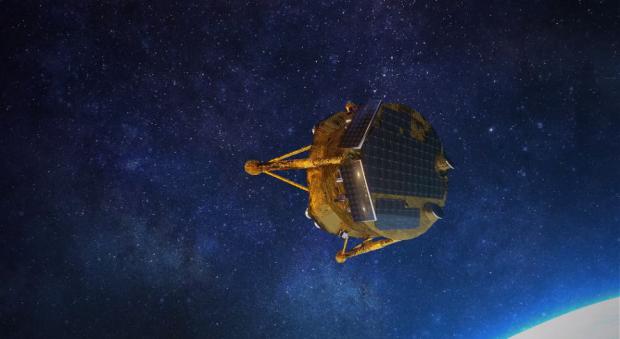
Breaking News
 LIVE ELECTION RESULTS: New York mayor, NJ & VA governor, Prop 50, Trump endorsements, latest vote
LIVE ELECTION RESULTS: New York mayor, NJ & VA governor, Prop 50, Trump endorsements, latest vote
 Sen. Markwayne Mullin Reveals Schumer Held Secret BACKROOM MEETING...
Sen. Markwayne Mullin Reveals Schumer Held Secret BACKROOM MEETING...
 RIP NYC - Muslim Communist Zohran Mamdani Wins New York City Mayoral Race
RIP NYC - Muslim Communist Zohran Mamdani Wins New York City Mayoral Race
 Dramatic Footage Shows UPS Cargo Jet Crashing At Louisville Airport
Dramatic Footage Shows UPS Cargo Jet Crashing At Louisville Airport
Top Tech News
 Japan just injected artificial blood into a human. No blood type needed. No refrigeration.
Japan just injected artificial blood into a human. No blood type needed. No refrigeration.
 The 6 Best LLM Tools To Run Models Locally
The 6 Best LLM Tools To Run Models Locally
 Testing My First Sodium-Ion Solar Battery
Testing My First Sodium-Ion Solar Battery
 A man once paralyzed from the waist down now stands on his own, not with machines or wires,...
A man once paralyzed from the waist down now stands on his own, not with machines or wires,...
 Review: Thumb-sized thermal camera turns your phone into a smart tool
Review: Thumb-sized thermal camera turns your phone into a smart tool
 Army To Bring Nuclear Microreactors To Its Bases By 2028
Army To Bring Nuclear Microreactors To Its Bases By 2028
 Nissan Says It's On Track For Solid-State Batteries That Double EV Range By 2028
Nissan Says It's On Track For Solid-State Batteries That Double EV Range By 2028
 Carbon based computers that run on iron
Carbon based computers that run on iron
 Russia flies strategic cruise missile propelled by a nuclear engine
Russia flies strategic cruise missile propelled by a nuclear engine
 100% Free AC & Heat from SOLAR! Airspool Mini Split AC from Santan Solar | Unboxing & Install
100% Free AC & Heat from SOLAR! Airspool Mini Split AC from Santan Solar | Unboxing & Install
Pioneering Israeli Lunar Lander Arrives in Orbit Around the Moon

up next is a historic touchdown attempt on April 11.
Israel just became the seventh nation to orbit the moon.
After slowly spiraling away from Earth for the past six weeks, an Israeli spacecraft known as Beresheet slipped into orbit around the moon today (April 4).
This was a historic achievement for the little robot, but it paves the way for something truly epic: a lunar touchdown attempt a week from now. If Beresheet succeeds on April 11, it will become the first Israeli craft, and the first privately funded vehicle, ever to land softly on the surface of the moon.
"The lunar capture is an historic event in and of itself — but it also joins Israel in a seven-nation club that has entered the moon's orbit," Morris Kahn said in a statement. "A week from today, we'll make more history by landing on the moon, joining three superpowers who have done so. Today I am proud to be an Israeli."
Kahn chairs SpaceIL, the nonprofit organization that runs Beresheet's mission along with Israel Aerospace Industries, the nation's largest aerospace and defense contractor.
The superpowers he referenced are the deep-pocketed governments of the Soviet Union, the United States and China. So, Beresheet also aims to strike a blow for low-cost space exploration; the total mission price tag, including launch, is about $100 million, project team members have said.
Beresheet's mission got its start in 2011, when SpaceIL formed to compete in the Google Lunar X Prize (GLXP).
The GLXP challenged privately funded teams to land a robot on the moon, move it at least 1,650 feet (500 meters) on the surface and have it beam high-resolution imagery home to Earth. The first group to accomplish these tasks would get $20 million, and the second-place team would snare $5 million. An additional $5 million was available for various special accomplishments, bringing the total purse to $30 million.



